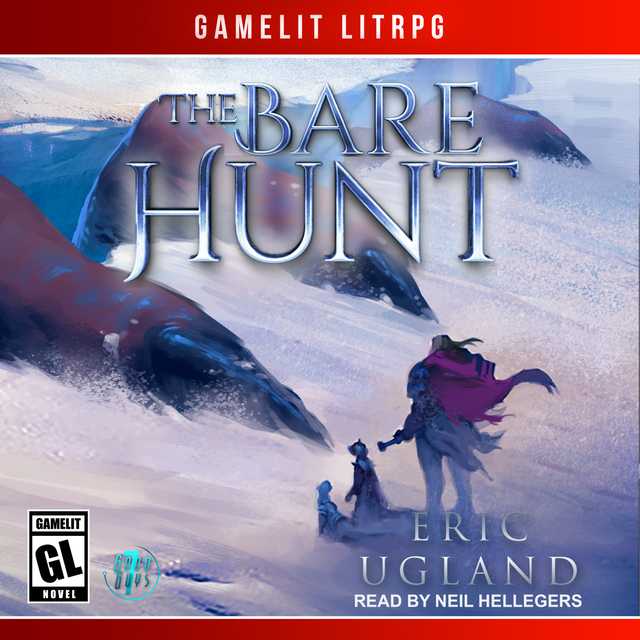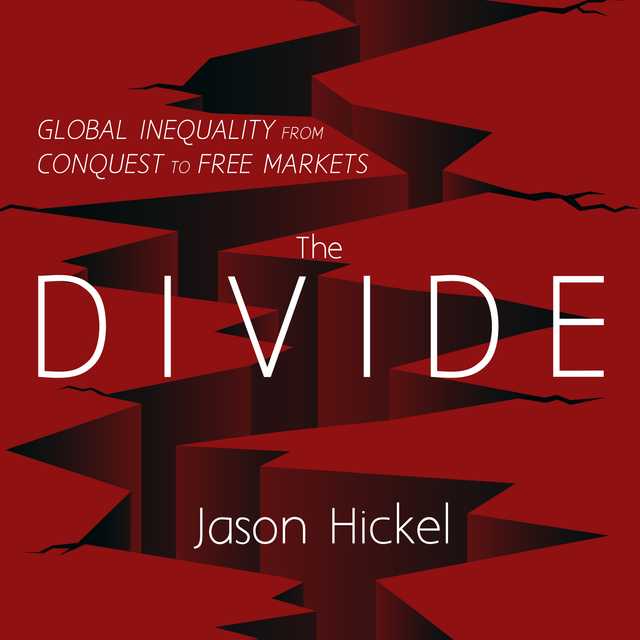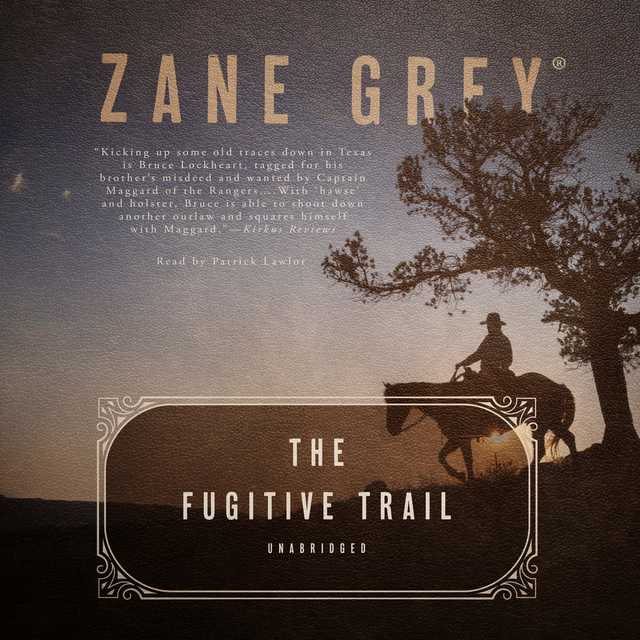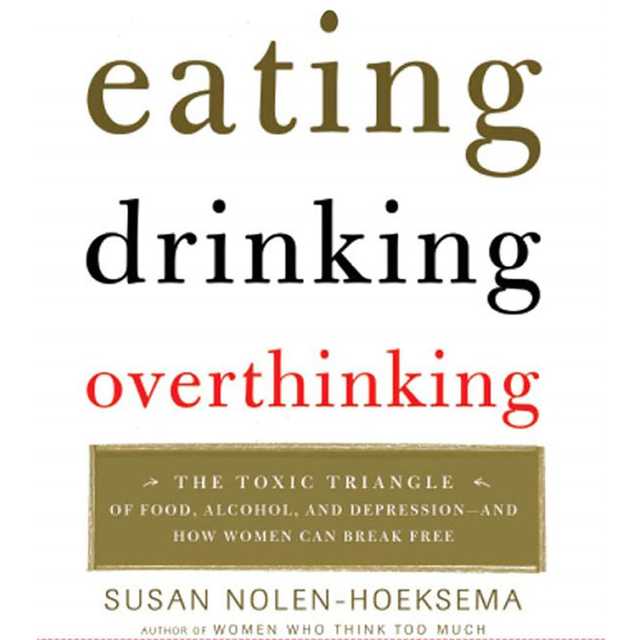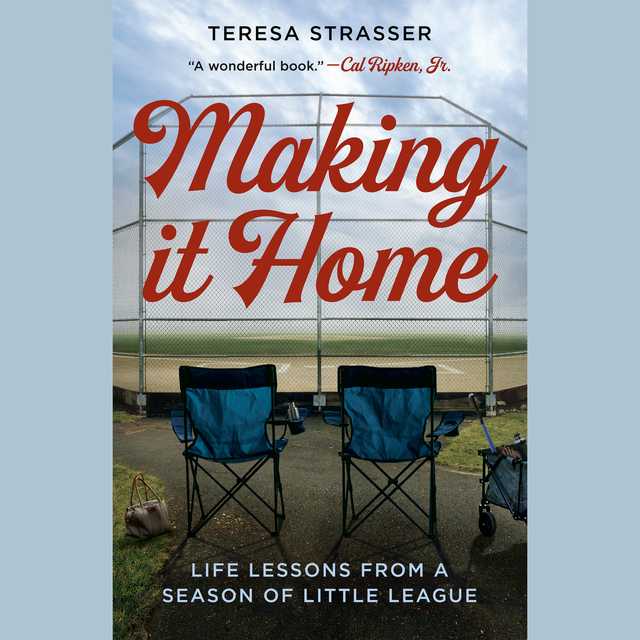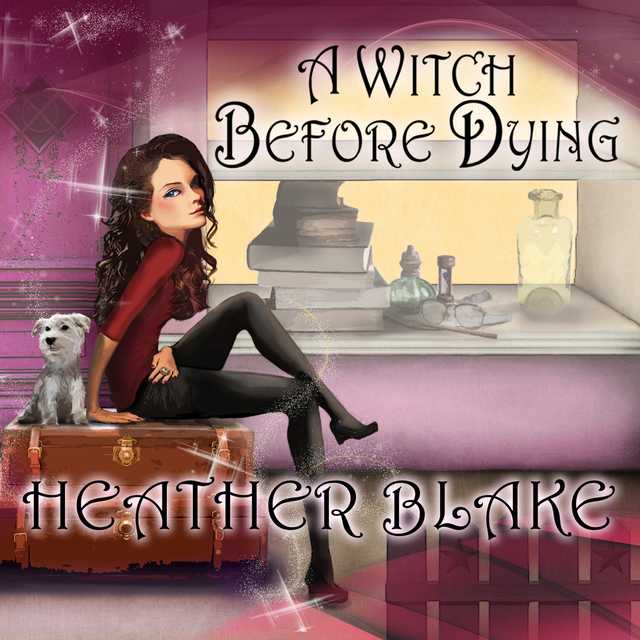Nation Audiobook Summary
The sea has taken everything.
Thirteen-year-old Mau is the only one left after a giant wave sweeps his island village away. But when much is taken, something is returned, and somewhere in the jungle, Daphne–a girl from the other side of the globe–is the sole survivor of a ship destroyed by the same wave.
Together, the two confront the aftermath of catastrophe. And slowly, other refugees arrive–children without parents, mothers without babies, husbands without wives–all of them hungry and all of them frightened. As Mau and Daphne struggle to keep the small band safe and fed, they defy ancestral spirits, challenge death himself, and uncover a long-hidden secret that literally turns the world upside down . . . .
Internationally revered storyteller Terry Pratchett presents a breathtaking adventure of survival and discovery, and of the courage required to forge new beliefs.
Other Top Audiobooks
Nation Audiobook Narrator
Stephen Briggs is the narrator of Nation audiobook that was written by Terry Pratchett
Stephen Briggs lives in Oxfordshire and has been involved in the world of amateur dramatics for many years. Oxford Studio Theatre Club staged his adaptations of Wyrd Sisters, Mort, Guards! Guards!, and many others. As well as compiling The Discworld Companion, The New Discworld Companion, and, now, Turtle Recall: The Discworld Companion . . . So Far, he has also co-authored the Discworld Diaries, the Mapps, and voices the UK and US Discworld audiobooks.
About the Author(s) of Nation
Terry Pratchett is the author of Nation
More From the Same
- Author : Terry Pratchett
- The Long Mars
- The World of Poo
- Judgment Day
- Wintersmith
- Going Postal
- Publisher : HarperCollins
- Coraline
- Little House on the Prairie
- Little House in the Big Woods
- On the Banks of Plum Creek
- Farmer Boy
Nation Full Details
| Narrator | Stephen Briggs |
| Length | 9 hours 33 minutes |
| Author | Terry Pratchett |
| Category | |
| Publisher | HarperCollins |
| Release date | September 30, 2008 |
| ISBN | 9780061707438 |
Subjects
The publisher of the Nation is HarperCollins. includes the following subjects: The BISAC Subject Code is Fantasy, General, YOUNG ADULT FICTION
Additional info
The publisher of the Nation is HarperCollins. The imprint is HarperCollins. It is supplied by HarperCollins. The ISBN-13 is 9780061707438.
Global Availability
This book is only available in the United States.
Goodreads Reviews
Mario the lone bookwolf
May 14, 2022
Something completely different than the Discworld, dealing with the ups and downs of indigene and industrial living styles in an exotic setting with some fantasy elements Pratchett deemed it his best workI don´t really get why Pratchett said about this novel that it´s so good that he won´t ever write something as great again, because, well, for his standards, it´s quite good material, but subjectively, and according to meta swarm intelligence rating levels, by far not the best. The dynamic of plotting and impact of the humor is different than in his other works and the complexity can´t unfold because, duh, it´s an island. Cultural imperialism's imperatives A kind of, in the Discworld mostly hidden, morality compass seems to be permanently drifting into the character's introspection, letting them question the good, bad, and somewhat between of themselves, their culture, and the strange, other nation. By this, the ugly and marvelous parts of both, the ever so sophisticated Western culture and tribal trouble on tropical islands, are compared and satirized. I prefer the DiscworldI have absolutely no idea what it is, maybe the missing worldbuilding dynamic, maybe that Pratchett wasn´t used to create completely new characters, maybe that the intentions to put too much in just one book failed, but however it happened, it doesn´t offer the same satisfaction as much of Pratchetts´ other works. It´s good, clever, has some laughs, but who knows Pratchett is left with the feeling that there could have been so much more, maybe even a small series of 2 or 3 books included in the Discworld. That would have offered the potential for more settings, character development, and maybe a bit less philosophizing about white and grey morality and more action and funny dialogues instead.Tropes show how literature is conceptualized and created and which mixture of elements makes works and genres unique: https://tvtropes.org/pmwiki/pmwiki.ph...This one is added to all Pratchettian reviews:https://de.wikipedia.org/wiki/Scheibe... The idea of the dissected motifs rocks, highlighting the main real world inspirational elements of fiction and satire is something usually done with so called higher literature, but a much more interesting field in readable literature, as it offers the joy of reading, subtle criticism, and feeling smart all together.
[ J o ]
May 30, 2019
Deciding what one reads for the quite particular milestone of the 1000th book read is quite something. Whilst stats are never important in any area of life (reading, playing Cricket, sex) they are incredibly fun. And, let's face it, 1000 is a ruddy good number. The importance of reading a good book on the 1000th turn was pivotal because the past few books have been, in a word, dire.Charles Dickens was a good bet. Charles Dickens is always a good bet. Even when he dies and leaves a book unfinished, he's still a good bet. But Charles Dickens only really has a few ways of writing, a few things to write about. It was a slow world in 1854. Terry Pratchett on the other hand, the ever-funny, ever-real, ever-unashamed of voicing his views, is also a good bet... sort of. Discworld is brilliant, but this is not Discworld. This is... Other. And past experience with PTerry's other was mixed at best.Nation is an alternative history edition of a marooned Westerner and a native indigenous Great Southern Pelagic Ocean (South Pacific Ocean) island dweller. On the surface it is a relative easy to read older children's book, much in the same vain as his Tiffany Aching Discworld novels. But, as with all of PTerry's works, scratch the surface just a little and you enter a world that is full of adult themes that we, for some reason, have initialised as being Too Grown Up For Kids And Therefore Should Never Be Mentioned In Front Of Them.Death is a big part of PTerry's works. We don't have the capitalised DEATH of Discworld, but we still have the humour of death surrounding Mau. There's nothing twee here, which connects with the period this novel is set in: 1860s and people died a lot. Mostly of diseases. Death was never a mythical beast who visited and left a shadow but instead it was dealt with. Mau deals with it, as does Daphne, the Western cast-away. It is still dealt with calmly and there are no Lord of the Flies moments, but the important thing is that it is dealt with. It is fast-paced with the occasional lull, with no time for thoughts because of the situation, except the really big thoughts that are impossible to ignore no matter how many dead relatives one must bury.Colonisation and Western approaches to dealing with Indigenous Peoples is also dealt with marvellously. It's ridiculous to expect every Westerner to apologise for what their ancestors did, but PTerry gives it a good go by offering up an alternative view of what should have happened. It's also a good way of seeing how other cultures expect children to grow in to adults, cutting out the society pressure of such a thing and instead giving Mau (and Daphne, to some extent) the means of physically and mentally growing in to adults by forcing them to become adults.It is one of those kid's books that does not talk down to them, but instead talks them up. It is full of character who embody something different, yet are able to-somehow-work together for the same end. It has goodies and baddies, but also in-betweenies, which is rare in a kid's book. It is likeable and clever, but above all easy to read and understand. It is very funny and very, very Terry Pratchett.Blog | Instagram | Twitter | Pinterest | Shop | Etsy
Chrissy
October 05, 2008
Disclaimer: I'm about to wax poetic in a totally corny way. Just warning you!I am, and have been for years, of the opinion that Pratchett is the best writer there is. He continually serves up pitch perfect depictions of spectacular characters who are both wonderfully inventive, and at the same time purposefully normal. And in every book, hidden in the hilarity, and the side splitting satire, is a perfect pearl of truth about human nature. I remember when I first found one. It was the slender and yet unbreakable thread connecting the commercial idiocy of our Christmas season with a sweaty desperate beast running for it's life through a winter night, knowing its death was inevitable. Hogfather was a revelation for me. For years Pratchett fans have been telling anyone who will listen that only the jokes kept Pratchett from being called a literary genius by the mainstream. For me, Nation is the final proof. No story that opens with such soul-deep sorrow can be called a comedy. There is some humor of course. The foul mouthed parrot is hard to miss, but even that has a somewhat sinister explanation. This is the first Pratchett book that I had to finish in one sitting. Always before they were savored over days. I knew I could trust Disc World to be alright in the end, and if some people met death in the process, well, he's a pretty good guy all around, so where's the harm in that. But Nation is not set on Disc World, but much closer to home, so I had to stay up until 3:15 AM to see how it all ended. Death is a much scarier guy in this book, although, at the end, much the same. The pearl of wisdom in this book is not small and not hidden. It's sitting right out there in the middle of the stage with flashing lights over its head. This is about why we believe or choose not to believe. In something. In anything. It's about us, but then again, it always is, even when its also about trolls and dwarves. And, as always, it is the characters that catch me. Two seemingly normal individuals, made extraordinary by circumstances and the way they react in those circumstances. In the end, I love Pratchett because he can show me characters that I know are human all the way to their toes, and yet, they give me hope. Mau, Vimes, Granny Weatherwax, even the Patrician, they don't do what they do so that people will thank them, appreciate them, worship them. They do what they do because it needs doing, and no one else stood up for the job. They do the hard jobs, they give up certain niceties in life so that at the end of the day, all is well, not just for them, but for everyone. It gives me faith that somewhere in this world there are men and women like that. It gives me hope that the human race as a whole might be worthwhile. In the end, all I can say is, Terry, Thanks.
Sean Barrs
April 16, 2016
Terry Pratchett is a weird and wonderful writer; his style is completely unique. There really is no other author quite like him and there will probably never be another, a true orginal. His humour is so strange, but remarkably witty. Some of the metaphors he uses are just plain genius. This is the first Terry Pratchett book I read, and I really do need to go and read some more. This novel takes place on a wacky island full of strange creatures and even stranger people. The island's bananas are pink, the trees secrete poison, it has tree climbing octopus, and stones that are worshipped as gods by the inhabitants. Doesn't it just sound like a great place? Unfortunately for Mau, one of two protagonists in this novel, his tribe is wiped out by a great wave that surges all nearby land.“He could see that the village had gone. The wave had sliced it off the island. A few stumps marked the place the long house had stood since….. for ever. The wave had torn up the reef. A wave like that would not have even noticed the village."On the other hand, the island itself remains intact. Mau, however, doesn’t have a soul. He was completing his initiation to manhood when the wave struck; he didn’t get chance to finish as the initiators all died leaving his transcendence incomplete. What’s the poor half-man to do? He concocts a death wish plain and simple. There’s no reason to live anymore. Well, until the second protagonist’s boat, Sweet Jude, shipwrecks her on the island. Ermintrude (later called Daphne) is a trouserwoman: a person from civilisation who is not a tribal and is defined by her culture's wearing of trousers! Quite funny really, these people are silly trousermen and silly trouserwomen, well at least they are to Mau. Pratchett has created a brilliant narrative voice for Mau that is ever so evocative of his innocence and of his humorous perceptions of westerners. Ermintrude almost shoots him when they first meet and the poor lad thinks the gun is a “spark-maker” to help with building fires. Is this a frown at imperialism? I think so. Ermintrude is also a lady who loves to use the etiquette her Grandmother has taught her, quite the contrast to Mau’s tribal standards. After the two get over their first hilariously embarrassing attempts of communication, and manage to gain a small degree of understanding of one another, they must try to survive on the remains of the wonderful island. No easy task considering another bunch of people wash up on island including a wise old priest, a pregnant mute woman and eventually another family group. This is foreshadowed by the approaching cannibalistic raiders that want to kill everyone on the island. Mau and Daphne must solidify their newly forming culture with the remains of the old one, and learn to survive.This book was great. The writing was superb, the plot exciting and the characters well rounded and funny. More importantly, however, Terry pratchett is an uplifting change to those novelists who take themselves too seriously. I should read more books like this, books that are random and odd Here's a picture of a bird:
Betsy
August 01, 2008
This is YA so I won't give it an official review, but man is it top notch stuff. Faith and desert islands. Foul-mouthed parrots and science. It's a little like Swiss Family Robinson, a little like Casablanca, and a little like nothing I've read before. Grand great stuff.
Jay
February 09, 2012
I'm not the world's biggest Terry Pratchett fan. I've tried getting into Diskworld on no less than 4 occasions, and have always stumbled by about book 4. BUT, the bride insisted I give NATION a shot because it's a stand alone, and hell, when the bride insists, the wise man listens.So this was a pretty great book. It feels like it could have done with a *tiny* bit more... I don't know what. 'Polish' is the wrong word. I don't know what the right word is. But I read somewhere that the idea for NATION has been bubbling around in Pratchett's head for years, and he felt compelled to write it now before his Alzheimer's takes away his ability to do so. Which is sad. And it explains that feeling I got while reading it that hey, this is really good, but with a bit more...something, it could have been one of the greatest books I've read in my life.Pratchett has a knack for saying everyday things in a wonderful way. Mau is just a fantastic character - a boy who has lost his family, his country and his faith, and has to rebuild himself from the ground on up. Daphne the Ghost Girl is excellent too. In parts the book is very funny, and I almost get disappointed when Pratchett stoops to poo-poo and vomit jokes, but hey, he's British and as Ben Elton says, bodily functions are the basis for their entire culture (he said it, not me, get offended at him if you wanna) NATION is a book about religion and origins. Its a book about universal truths, regardless of class or race or upbringing, about the things that make us all the same. It's deeply insightful and the prose is, as I already said, simply wonderful in parts. So even if you're not a Pratchett fan, pick it up. It's well worth your time.
David
July 08, 2014
Don't let the cartoonish book cover fool you, as it did me--this is a lovely story about two young people from totally different societies, in the nineteenth century. Mau is a boy who has lived on a small island for his entire life. He has just accomplished his month-long rite of passage to manhood. He returns to his home island on a canoe that he built, as a tsunami completely devastates his home. That same tsunami throws a British ship onto the uncharted island, and Daphne is the only survivor--a young woman of nobility.So these two young people meet, a sort of Adam and Eve story in which neither understands the other's language, behavior, customs, or lifestyle. Mau struggles desperately to understand how the gods could allow such an enormous calamity to befall his people. He continually questions his religion and his sacred beliefs. The best parts of the book are those where Mau and Daphne try to understand one another, their motivations, beliefs, and relationships with other people.Mau and Daphne save each others' lives, as well as the lives of other islanders who gradually make their way to the island. They are both amazingly courageous, smart, hard-working, and resilient. They both are clever enough to extricate themselves out of bad situations. Daphne is sure that someday a British ship will come and find her--and try to take possession of the island. It is up to the two of them to figure out a way to keep Western civilization from ruining the island.I highly recommend this book. The story is fast-paced, humorous at times, and scary at other times. It obviously is intended for young adults, but older adults can enjoy it also!
TheBookSmugglers
June 17, 2013
A THOUSAND STARS!Wow.I was forewarned by friends and readers. I have read – and loved – a couple of other books by the author. So it’s not like I didn’t know the odds this would be good but this book? It blew my mind away. In its epilogue, Terry Pratchett says: Thinking. This book contains some.And that’s true: this is one of the most think-y books I have ever read. I loved it with every fibre of my being.Nation is a book of ideas. Its main theme, that of construction and creation: the construction of a home, of a family, of rules, tradition and religion. It is about those building blocks of civilisation itself and of individuals, in a way that is both extremely rational and enormously emotional. Writing that line just now makes me realise how weird that might sound to those who haven’t read the book. Above all it makes me think about how hard it is to pull something like this off and to keep a balance between what drives a story and the story itself without making a book about ideas, a book that is solely about ideas. If that makes any sense at all – I am finding it extremely hard to write this review because how do you describe perfection? Especially when it’s so affecting?Nation is a book about creation.It starts with the destruction of everything one of its main characters knows.There is a small island in the Great Southern Pelagic Ocean in a world very much like ours (but not quite) where young boys go through a ceremony where they shed their boy-souls to gain their man-souls. Mau is on the Boy’s Island and is about to cross over to the main island to become a man when the big wave comes. He survives it but when he goes ashore to his home, to the Nation, he discovers everything he knows and everyone he loves has been washed away. His first action is to build a spear: “Without fire and a spear, you could never hope to be a man, wasn’t that right?”.But soulless Mau is all alone and nobody answers him.All alone that is, but for Daphne, a young girl who was aboard the Sweet Judy ship, whose wrecked remains are now part of the Nation. They are different because their background, their language, their traditions are dissimilar. They are equals because they share this tragedy and because they are both thinkers. Together, they work to survive and to create a home for those who slowly start to come to the Nation in search of a haven after unspeakable tragedy.First comes an old man, a priest who wants things to be kept as they always were and whose unquestioned belief in their Gods remains unshaken. With him, a young sickly woman with a newborn baby who is barely moving and can hardly feed. Everybody’s immediate response is to fall back into the roles they have always known: if the mother cannot feed her baby, the only one who can help is of course, the other female, Daphne. Except Daphne – a young girl raised by a grandmother who believes young ladies should be Proper – doesn’t even know how babies are made. Mau does what must be done in order to keep the baby alive. Hilarity ensues when he milks a wild pig but also: enlightenment for both Daphne and Mau. Women are not born knowing how to care for babies. Things that appear deep seated gender-led knowledge are not. A man’s soul is not created magically because one crosses from one island to another.So, first comes destruction. Then, deconstruction: little by little, both characters observe this new world and question the old one in search of answers. It is a kind of stripping down to one’s very core in order to understand. But it is a stripping down without letting go of the past completely because the rules are there. So Mau is walking around the island and he hears the Grandfathers’ voices telling him what to do, to follow their traditions, not question their religion, otherwise there is no order. As much as Daphne abhors her grandmother’s voice inside her head telling her to be Quiet and Proper, she keeps listening to it non-stop. Motivation counts too and Mau is angry. He is angry at the Gods and that leads him to question their very existence. Daphne is not moved by religion at all but by Science. There is sympathy and compassion toward other characters and those find their own balance and their own way of surviving.In a way, a wave came but they are not completely marooned because they have Tradition. But does Tradition serve them at this time of need or is that now an impediment? How important is it to keep going as it “has always been”? Or is this yet another misconception about the world? Slowly: the understanding that those are internalised voices and that questioning is good. To understand the HOW is all the more important: history becomes religion becomes tradition becomes internal rules living inside one’s head.Then, forging and building. Mau and Daphne build themselves up and their thoughts are the roots on which they build a new Nation. And they do that by means of Scientific Method.And that is accomplished in a story that is moving, sad, hopeful and funny. Mau and Daphne have hilarious misunderstandings before they lean to communicate. Their community is built and deep connections are formed between people. A new Nation is born out of the old and people still have parties, drink beer, laugh, love, pray and look at the sky.Also: parallel universes.I don’t know how my reading of this particular book has been affected by the fact that I am new to Terry Pratchett’s main oeuvre but this to me, was simply wonderful. Interestingly enough, limited as my Terry Pratchett experience might be, I found Nation to be slightly different in tone (not as funny) to the other books I have read from the author but exactly the same in how smart it is.Nation is a rich and intricate novel. Yes ,it does have an obvious message about the power and importance of thinking, but this never overwhelms the characters or the story. I understood this very well when I started crying when the book was over. Plus, the epilogue is a wonderful gift from an author who truly understands his readers.This book spoke to me in a deeply personal level and I can’t recommend it enough.
lucky little cat
January 02, 2021
One of my short shelf of absolutely essential books. I reread it once a year, so I don't lose sight of who I am and who I want to be.
Amy
July 20, 2008
This is a book that I found myself calling wonderful from the very beginning and immediately knowing it would be a favorite. It's one I'd recommend to nearly anyone. Be sure to buy a copy when it comes out in October of 2008.This alternate history takes place in a time when the redcoats were plopping down flags on islands without asking the permission of the natives. Most authors fail to give such natives equal or superior intellectual status with their European contemporaries. Instead, such people are painted as savages. Pratchett seeks here to blur the normal lines between civilized and savage and redefine these words.The story begins when "savage" Mau returns to his particular island for his ceremony of manhood only to find that the entire Nation has been swept away in a tidal wave. Upon his return, he finds Daphne, a "civilized" European teenage girl, who has been washed on shore in the remains of her ship. Out of fear, Daphne immediately and savagely tries to shoot the native islander. They eventually have to look past their pre-conceived ideas of each other as different varieties of savages to make the Nation live again. Soon other survivors from around the area begin to show up to take refuge there. Mau finds himself stealing milk from a wild hog and Daphne finds herself delivering babies and making beer. After Mau retrieves a fourth never-before-seen god anchor from the sea, Daphne urges him to go one step further and roll away a very ancient stone from the mouth of a cave to uncover other secrets of his forefathers. This is when a most amazing and unexpected discovery surfaces that "turns the world upside down" and puts into question history as we know it.Benjamin Franklin said in his essay "Remarks Concerning the Savages of North America" that "if we could examine the manners of different nations with Impartiality, we should find no People so rude, as to be without any Rules of Politeness; nor any so polite, as not to have some remains of Rudeness." In Nation, Pratchett seeks to define the difference between the civilized and the savage in a different way than we normally do. Is one country civilized just because they were luckier in their inventions or the natural resources available to them? Is a cannibal more savage than a man who kills people and other living beings just for the fun of it? Could only Europeans come to logical conclusions about life and the nature of the universe?I wish this had been written by an American author so I could assign it in my American literature class. I just had my students debate whether native American Indians were civilized or savage. This book would have been the perfect accompaniment to that debate. Note: While I critique both purchased and free books in the same way, I'm legally obligated to tell you I received this book free through the Amazon Vine program in return for my review. Blah blah blah.
Frequently asked questions
Listening to audiobooks not only easy, it is also very convenient. You can listen to audiobooks on almost every device. From your laptop to your smart phone or even a smart speaker like Apple HomePod or even Alexa. Here’s how you can get started listening to audiobooks.
- 1. Download your favorite audiobook app such as Speechify.
- 2. Sign up for an account.
- 3. Browse the library for the best audiobooks and select the first one for free
- 4. Download the audiobook file to your device
- 5. Open the Speechify audiobook app and select the audiobook you want to listen to.
- 6. Adjust the playback speed and other settings to your preference.
- 7. Press play and enjoy!
While you can listen to the bestsellers on almost any device, and preferences may vary, generally smart phones are offer the most convenience factor. You could be working out, grocery shopping, or even watching your dog in the dog park on a Saturday morning.
However, most audiobook apps work across multiple devices so you can pick up that riveting new Stephen King book you started at the dog park, back on your laptop when you get back home.
Speechify is one of the best apps for audiobooks. The pricing structure is the most competitive in the market and the app is easy to use. It features the best sellers and award winning authors. Listen to your favorite books or discover new ones and listen to real voice actors read to you. Getting started is easy, the first book is free.
Research showcasing the brain health benefits of reading on a regular basis is wide-ranging and undeniable. However, research comparing the benefits of reading vs listening is much more sparse. According to professor of psychology and author Dr. Kristen Willeumier, though, there is good reason to believe that the reading experience provided by audiobooks offers many of the same brain benefits as reading a physical book.
Audiobooks are recordings of books that are read aloud by a professional voice actor. The recordings are typically available for purchase and download in digital formats such as MP3, WMA, or AAC. They can also be streamed from online services like Speechify, Audible, AppleBooks, or Spotify.
You simply download the app onto your smart phone, create your account, and in Speechify, you can choose your first book, from our vast library of best-sellers and classics, to read for free.
Audiobooks, like real books can add up over time. Here’s where you can listen to audiobooks for free. Speechify let’s you read your first best seller for free. Apart from that, we have a vast selection of free audiobooks that you can enjoy. Get the same rich experience no matter if the book was free or not.
It depends. Yes, there are free audiobooks and paid audiobooks. Speechify offers a blend of both!
It varies. The easiest way depends on a few things. The app and service you use, which device, and platform. Speechify is the easiest way to listen to audiobooks. Downloading the app is quick. It is not a large app and does not eat up space on your iPhone or Android device.
Listening to audiobooks on your smart phone, with Speechify, is the easiest way to listen to audiobooks.











